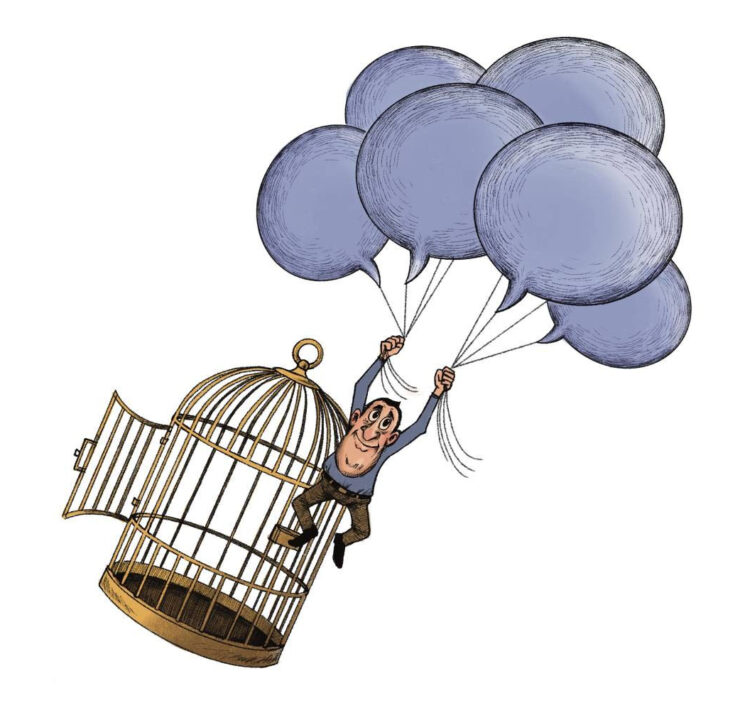Hard truth: Many Filipino job seekers lack soft skills

Many Filipino job seekers continue to fall short in soft skills such as communication, teamwork and time management, gaps that both government and private sector officials said were increasingly critical in today’s workplace.
Director Patrick Patriwirawan Jr. of the Department of Labor and Employment’s Bureau of Local Employment said soft and core skills were increasingly seen as essential by industry stakeholders as they play a crucial role in improving employability and workplace productivity.
“These could range from communication skills, teamwork and time management,” Patriwirawan told reporters on the sidelines of the National Skills Summit held on Thursday at Edsa Shangri-La Hotel.
The labor official said that their agency is also keeping a close eye on hard skills, particularly those aligned with emerging industries and technological advancements.
He said these include hard skills in medical technology, engineering, and information technology, with a strong emphasis on artificial intelligence.
“These are important competencies or skills we’ve seen that are not readily available in our labor market,” Patriwirawan said.
Entry-level proficiencies
Yu Ming Chin, executive director of workforce management firm Viventis Search Asia and organizer of the event, said they also observe a significant gap in these entry-level proficiencies.
He specifically pointed to communication skills as one of the most in-demand, highlighting the growing need for stronger comprehension and problem-solving abilities.
“And lastly, more on skills that are very critical, are the supervisory skills, their leadership skills,” he said.
To address these issues, Education Secretary Juan Edgardo Angara, who also attended the event, said they were updating the Philippine Qualifications Framework—a reference system of national standards of qualifications earned by individuals educated and trained in the country.
“The changes there include providing additional qualification for senior high schools. This is because the president wants our graduates to have better credentials, whether when it comes to national certificates or certificates for technical vocation,” Angara said.
Angara added that they intend to roll out the changes this month and are launching a pilot program in 800 schools.
He also said they were reforming the senior high school curriculum by reducing the number of subjects from 33 to just five core requirements.
Angara said that subjects like philosophy and sports will no longer be mandatory.
“If the student wants, they can still take those subjects, like philosophy. Because if you’re going to work in tech or as a mechanic, you probably wouldn’t want to take philosophy,” said Angara.





















